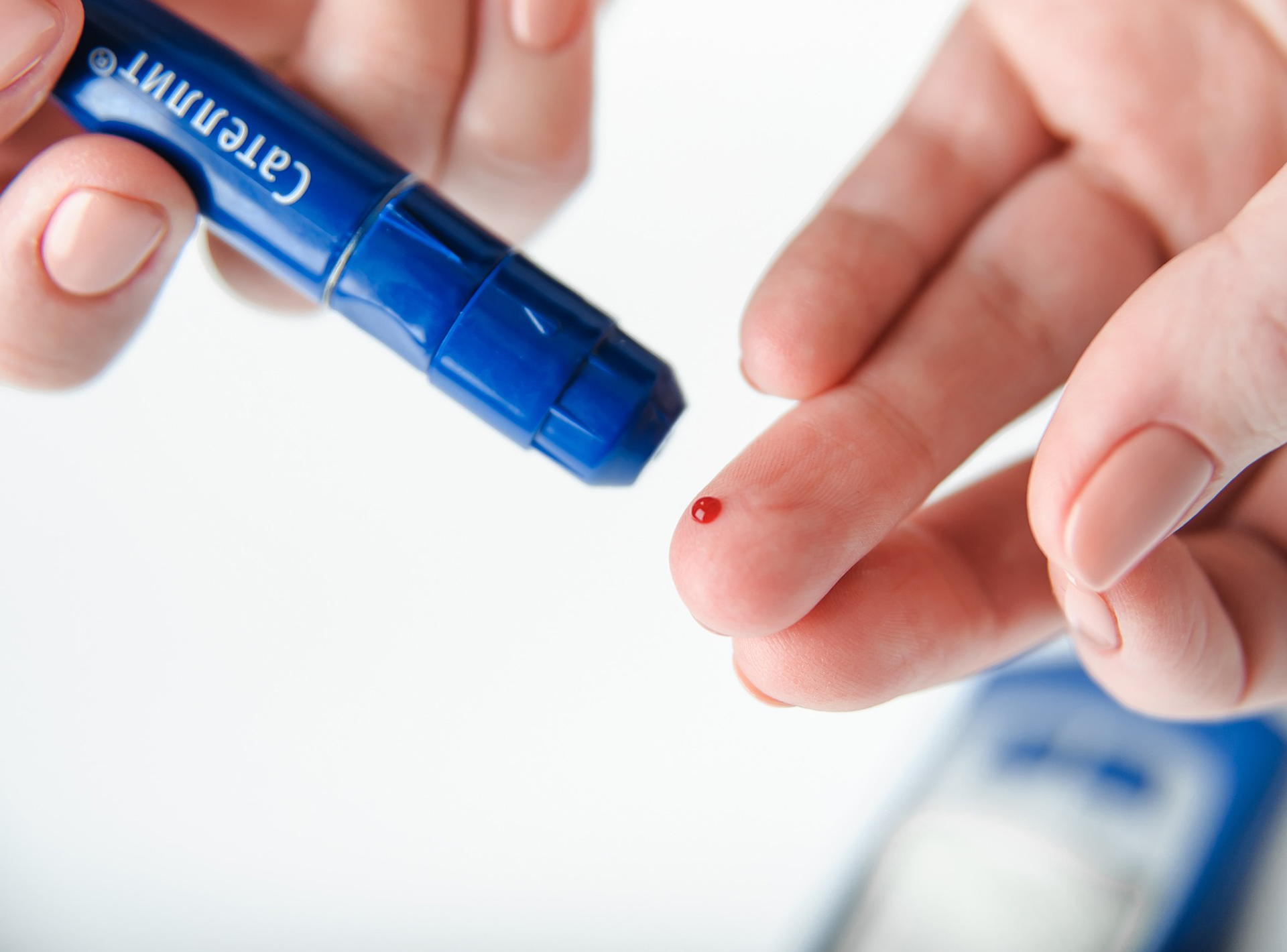 National Diabetes Week runs from 11 July to 17 July 2021 and these new guides will help patients with diabetes manage their insulin levels while in a hospital.
National Diabetes Week runs from 11 July to 17 July 2021 and these new guides will help patients with diabetes manage their insulin levels while in a hospital.
Insulin therapy is one of the most common causes of medication-related adverse events reported in hospitals. These events can occur due to errors in prescription and administration of insulin, and timing of doses in relation to meals. These errors are more likely to occur when there is a lack of understanding among medical and nursing staff about proper patient management or lack of access to a specialist.
Many patients are highly knowledgeable and experienced on their own insulin-management requirements, and are capable to self-manage their insulin requirements while in hospital. In this context, hospital should have clear self-management policies in place to assist these patients.
With this goal in mind, the Diabetes Health Network’s Integrated Care Working Group and Lived Experience Working Group have put together two new guidelines to help people with diabetes manage their condition while in a hospital.
The two guidelines are called:
- Self-management of diabetes in WA hospitals: A suggested approach and
- Consumer information guide: Managing your diabetes needs while in hospital
The guides have been developed in consultation with the WA Medical Safety Collaborative and are dedicated to patient advocate Nancy McKenna, for her “lifelong advocacy of people’s rights to safely manage their own diabetes in hospital,” according to a release from WA’s Department of Health.
The main goal of these new guides is to help patients with diabetes forge a solid partnership with their hospital care team.
What to expect?
Some key points covered by these guides include information about:
- What is expected from patients, when self-managing their diabetes, specifically insulin;
- What is expected from the hospital treating team;
- The patient-hospital agreement, which aims to keep everyone safe while a patient is in hospital
For patients, this means that they need to be able to demonstrate that they can look after their insulin needs, share information about when they take their insulin, and keep their insulin doses in a safe place.
From a hospital perspective, the new guides highlight key issues that a patient needs to demonstrate, such as:
- Evidence of effective self-management prior to admission which justifies continuation of diabetes-related self-care during the admission;
- Agreement with the treating clinical team that the patient’s wishes to self-manage will be respected unless the patient’s cognitive and/or functional abilities mean that his/her well-being and safety are compromised or where it is no longer appropriate as deemed by the treating team or diabetes team.
- No conditions that would preclude effective inpatient self-management such as lack of relevant capacity as verified by a relative or carer, or mental health issues including a history of drug misuse or the risk of self-harm.
With these guides at hand, doctors in hospitals can ensure the effective self-management of diabetes by some of their patients.

